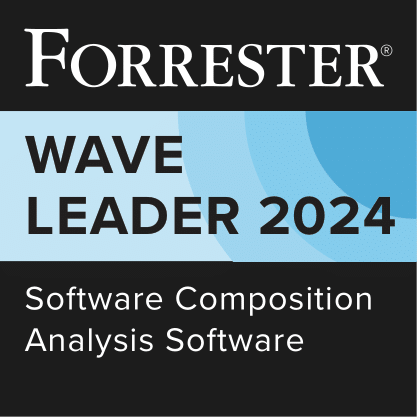
Nexus was mentioned in Episode #76 of Illegal Argument. Mark Derricutt published a list of technologies that he would choose if he were starting a startup and hosts discussed and modified his choices:
- Git
- git-flow
- Gerrit
- Jenkins
- Gitblit
- Vagrant / Pallet - For consitency, "if you are going to deploy to a RedHat machine have your dev instance running on a virtual machine"
- Maven
- BitBucket
- MySQL
- ...and, of course, Nexus
Fun fact about this discussion is that while almost everything else in the stack comes under considerable dicsussion. Nexus is a unanimous decision, there's no discussion of running this stack without Nexus - Running Nexus is a foregone conclusion. (So, what are you waiting for, download Nexus if you haven't already.)
To listen to Illegal Argument, you can visit the Illegal Argument web site or you can subscribe to the podcast in iTunes. You can also follow this podcast's Twitter account @illegalargument.
A chance to peer into the decision-making process...
This discussion is an interesting opportunity to peer into the decision process of experienced Java developers adapting to a rapidly changing set of technologies. Derricutt and Vowles are both developers who have a fair amount of experience with newer languages and newer databases, but they also exhibit a characteristic I notice in a number of experienced developers: they are interested in experimenting with new technologies, but they understand the importance of enterprise-grade infrastructure.
There's also an interesting discussion about Maven integration with Clojure and Scala. The general gist is that Rails developers will likely bypass Maven and use Rake (and they should, building Rails apps with Maven is a mistake). On the other hand, Maven provides a capable integration point for most polyglot languages that surround the JVM. Last week we wrote about Leiningen, a build tool for Clojure while this is a capable tool, Derricutt is the developer behind the clojure-maven-plugin, a plugin that provides support for Clojure directly within a Maven tool. This discussion captures the tension between an explosion of language-specific build tools and the need for developers to have a single, consolidated build.
Richard Vowles also talks a bit about "the era of Web Frameworks" being over, and that's food for thought this week as we've seen some compelling demonstrations of web development stacks like Meteor that have very little resemblance to what Vowles is calling "Web 1.0" development. A particular target for his critique is Hibernate (and the way it is constantly interrogating transaction status among other things). As someone who has been babysitting old-school, page-focused, heavy-stack, Hibernate-based web applications for years, I certainly understand where he's coming from. It does feel like this old, page-centric model of application development is dated in the face of newer technologies.
This particular discussion starts around 1:05 into Episode #76. Visit the Illegal Argument web site and subscribe to this podcast.

Written by Tim OBrien
Tim is a Software Architect with experience in all aspects of software development from project inception to developing scaleable production architectures for large-scale systems during critical, high-risk events such as Black Friday. He has helped many organizations ranging from small startups to Fortune 100 companies take a more strategic approach to adopting and evaluating technology and managing the risks associated with change.
Explore All Posts by Tim OBrienTags


